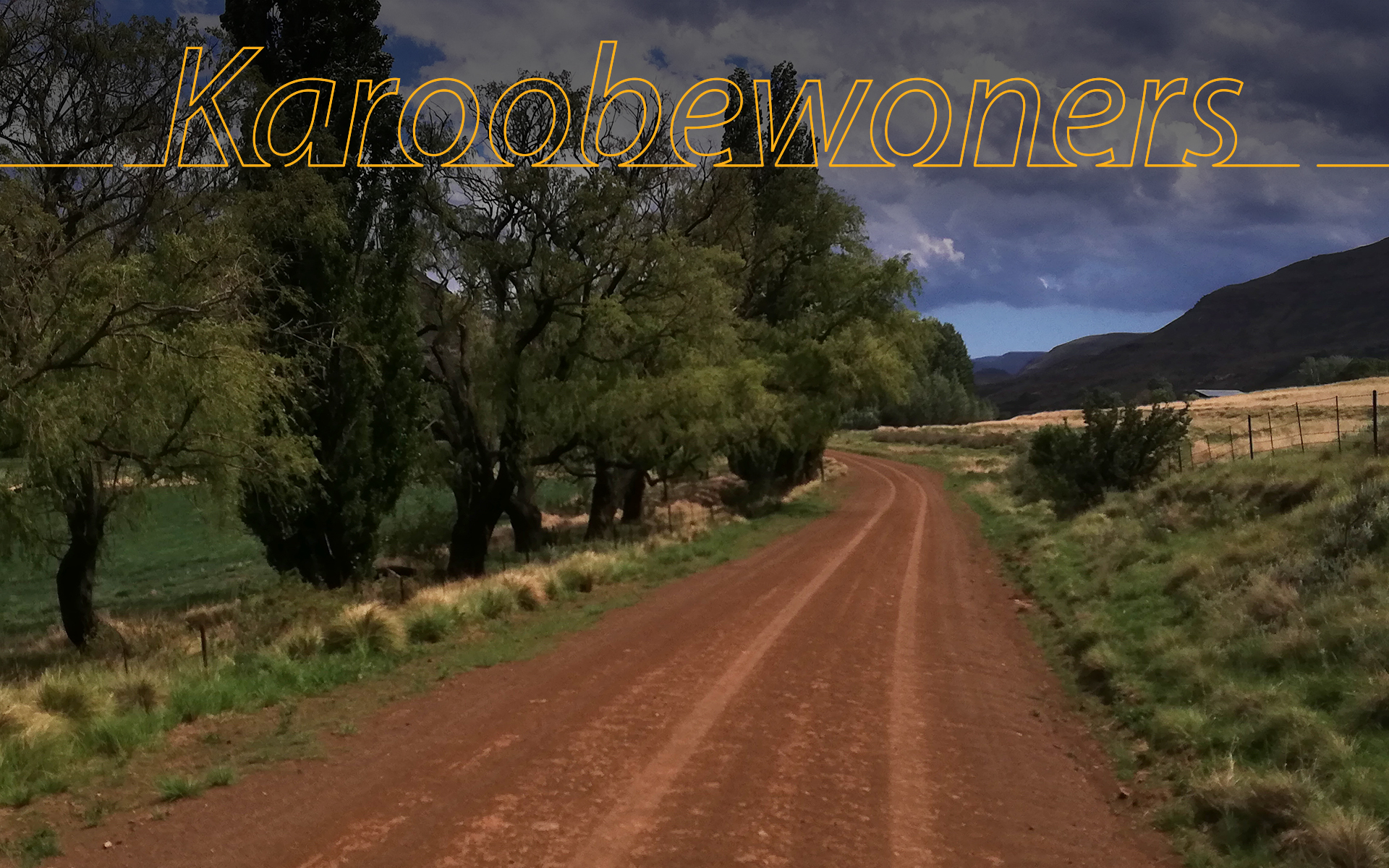It isn’t easy to weather life in the country, where you look to the skies in hope.
You have to have faith to be a farmer, as everything you need to succeed is beyond your control. This is so true when you consider the bounty and devastation attributed to water, or the lack of it.
Living in Johannesburg, I gave little thought to water, except when there was nothing coming out of the taps as a burst water piper was repaired, or while watching my plants shrivel during the water restrictions.
I am sure people who survived the water crisis in Cape Town understand the preoccupation that we in the Platteland have with predictions of rain.
Having spent two nights recently in the Addo Elephant National Park, my heart aches for those living in the areas of our country that have been ravaged by the drought.
In January this year, owners of a game farm in Grahamstown visited my guest house. When I warned them that the trout fishing conditions were not ideal as a result of the heavy rains, the response was “I don’t mind, I just want to see something green. We have not had rain for six years”.
I am acutely aware of the despondency of watching the clouds build up over the mountains, and disappear again without a drop of moisture reaching the parched soil.
In 2019, I left the corporate world and the bright lights of the city of gold to pursue my dream of opening a guest house in the Eastern Cape Highlands.
I was so excited when I received my first official booking, from a group of fly fishermen from the Western Cape, travelling up to participate in the national seniors’ tournament. I saw this as a validation that I was on the right path.
It was such an incredible blow to my fledgling business when the tournament was cancelled, as the rivers reputed to be some of the world’s best trout waters shrunk to pools green with algae that became smaller each day.
As spring stretched into summer with none of the seasonal rainfalls, I started to understand farmers’ obsession with weather forecasting sites and natural omens.
Are the tortoises moving away from the rivers? How high are the finches building their nests above the rivers? Which direction are the clouds coming from?
Meanwhile, I walked up each day to check how much water was in the tanks, and watched with growing despair as my cattle grew thinner and weaker.
All my bravado faded, as any hope of officially opening my guest house for December hinged on my guests having water for their daily ablutions, and rivers to fish.
On the 16th of December 2019, the heavens opened. Pools of water formed in the barren earth. My spirits were lifted by the smell of a clean, fresh world.
The rivers started running again, the veld changed from brown to a brilliant green, and everyone in the farming community made new plans to manage the late planting.
Just as the rains bring growth, they also wreak havoc. The seasons seemed to be returning to normal when we welcomed our first thunderstorms in October. Everyone was relieved that the drought had been broken.
But as they say in the classics, when it rains, it pours. Hours of heavy rain turned into days. The rivers became raging torrents, sweeping up trees, soil, and anything else in their paths.
As the waters jumped the river banks, crop lands were under water, fences were flattened and bridges washed away. Joy turned to despair as farmers counted the costs of the damage.
Travelling along the newly repaired roads, I am astonished at how the river has changed its course. Banks have collapsed, huge deposits of rocks and stones have filled the pools that housed the legendary trophy fish, and in some places, the sandstone bedrock has been scoured clean.
I reckon that the fly fishermen will have to use this opportunity to find the new pools and reignite the interest in our rivers.
Like many others, I am grateful for the rejuvenation that the rains bring to the veld, the lands and our livestock. I truly hope that the rainfall is widespread, restoring people’s optimism and belief.

Leave a Reply